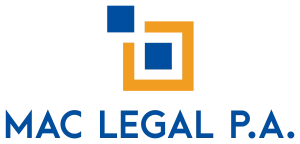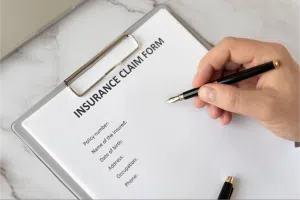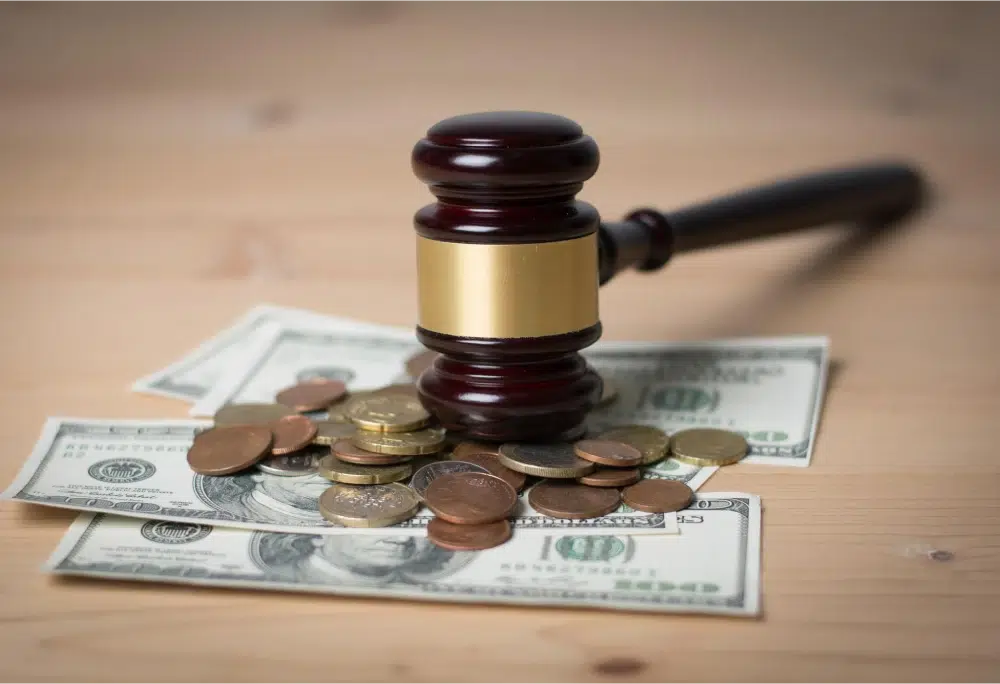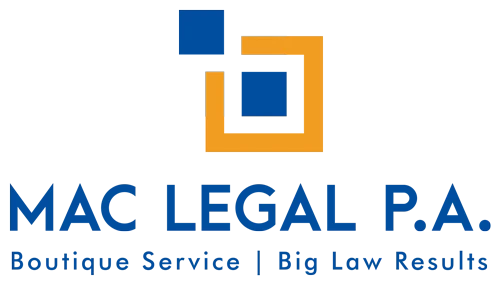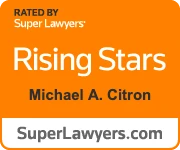Florida isn’t always a walk on the beach, especially when it comes to personal injury law. Whether it’s a slip and fall at the store, a dog bite during a walk, or a car accident on the way to work, knowing your rights and how to protect them is important.
This article has been designed to break down key elements of personal injury law in Florida, providing clarity on what qualifies as a personal injury, the steps to take if you find yourself with a potential case, and the various types of personal injury cases that someone might go through. From understanding Florida’s no-fault auto insurance system to navigating the statute of limitations, recognizing the impact of comparative negligence on your claim, and the role of legal representation to fair fight for compensation, everything you need to know will be covered. We will do this with an emphasis on the importance of Florida personal injury lawyers in helping victims through every stage of their case – from filing insurance claims to litigating in court, if necessary – this guide is your resource to understand personal injury law a little better.
What is a Personal Injury in Florida?
In Florida, personal injury law goes beyond just car accidents. It fundamentally covers any harm caused due to someone else’s negligence. This includes, but is not limited to, slip and fall incidents, dog bites, medical malpractice, and more. The essence of a personal injury claim in this state hinges on the ability to prove that the injury could have been avoided if the other party had adhered to a standard duty of care.

To establish a strong personal injury claim in Florida, one must demonstrate that the injuries sustained were a direct result of another party’s negligence. This could mean showing that a property owner failed to maintain safe premises, a driver operated a vehicle recklessly, or a medical professional deviated from standard practices.
Economic and Non-Economic Damages
Personal injury claims often result in compensation for economic damages, which are financial losses such as medical expenses and lost wages. These are straightforward to calculate based on bills and employment records. However, Florida’s personal injury laws also recognize non-economic damages. These include pain and suffering, which, although more challenging to quantify, are equally significant. The law acknowledges the profound impact of these damages on a victim’s life, affirming their validity in claims for compensation.

Legal Framework and Liability
Under Florida Statutes Title XLV and Chapter 768, personal injury cases are treated as torts—a civil wrongdoing where the injured party can seek compensation from the liable party and these are not criminal cases. They focus on recovering damages rather than penalizing the offender. For liability to be established, there must be a recognized legal duty of care. For example, drivers are expected to operate vehicles safely, and property owners are supposed to keep their premises hazard-free.
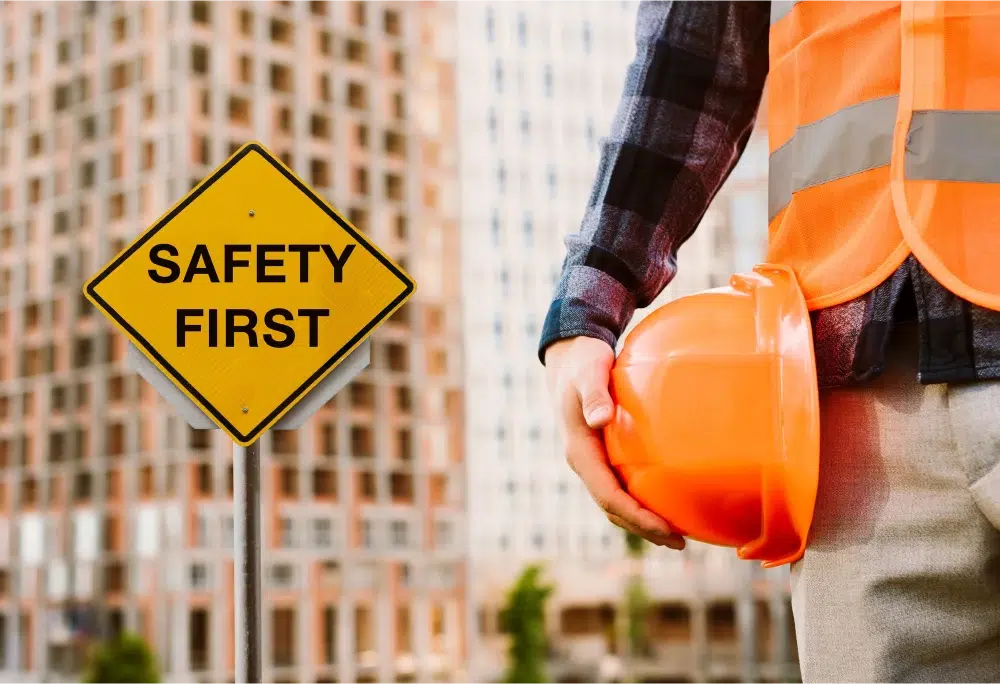
The Importance of Legal Representation
Given the complexities of personal injury laws in Florida, securing experienced legal representation is crucial. A proficient lawyer can significantly enhance the chances of a favorable outcome by navigating the legal system efficiently, advocating for the rightful compensation, and handling all procedural requirements. Whether the case involves negotiating with insurance companies or presenting arguments in court, a skilled attorney ensures that the victim’s rights are robustly represented.

Understanding what qualifies as a personal injury in Florida involves recognizing the broad scope of incidents covered under the law, proving negligence, and types of damages that can be claimed. Anyone suffering from an injury due to another’s negligence should consider consulting a licensed personal injury lawyer to discuss their case specifics.
Types of Personal Injury Cases in Florida
If you’ve made it this far along the journey, it’s now time to explore the most common types of personal injury cases in the state, offering insights into the nuances of each.
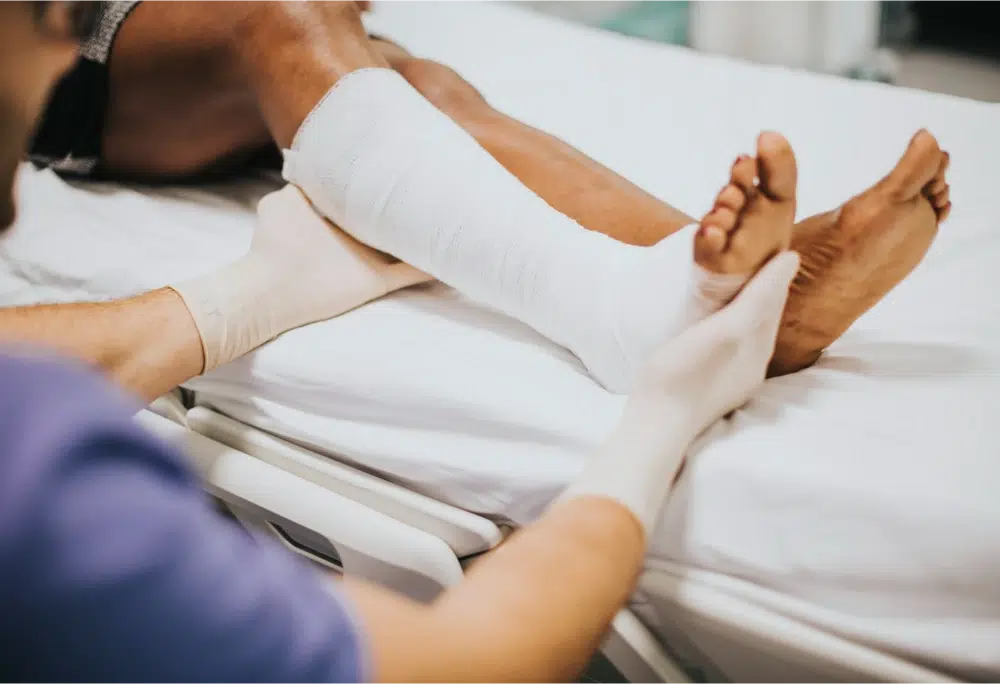
Automobile Accidents
Automobile accidents are a prevalent cause of personal injuries in Florida, involving cars, trucks, and motorcycles. Common accident types include rear-end collisions, which are notably frequent, alongside head-on and side-impact collisions. Accidents involving trucks, such as jackknife and override accidents, are particularly hazardous due to the substantial size difference between trucks and passenger vehicles. In cases where vehicle malfunction or defects contribute to an accident, auto product liability may also come into play. Additionally, incidents resulting from drunk driving, fatigued driving, or distracted driving, including texting or eating while driving, form a substantial part of automobile-related personal injury claims.

Slip & Fall
Slip and fall cases, often under the umbrella of premises liability, occur when individuals are injured due to unsafe conditions on a property. Florida law requires property owners to maintain reasonably safe conditions to prevent accidents. If a property owner fails to address known hazards, they can be held liable for any resultant injuries. This includes cases involving transitory substances like liquids or food on floors, where proving the property owner’s knowledge of the hazard can be pivotal.

Medical Malpractice
Medical malpractice claims arise when healthcare providers fail to deliver the standard of care expected, resulting in harm to a patient. This can include surgical errors, misdiagnosis, or improper medication management. Florida law mandates that plaintiffs in medical malpractice cases substantiate their claims with evidence from medical experts, underscoring the complexity and stringent requirements of these cases.

Dog Bites
Under Florida law, dog owners are held strictly liable for injuries caused by their dogs, irrespective of the animal’s previous behavior. This strict liability rule simplifies the process for victims to claim compensation. However, the liability may be mitigated if the victim provoked the dog or was trespassing at the time of the incident.

Product Liability
Product liability refers to cases where defective or dangerous products cause injury. In Florida, manufacturers, distributors, and retailers can all be held accountable if their product is found to be defective and causes harm. This includes a wide range of products, from household appliances to pharmaceuticals.

Workplace Accidents
Injuries occurring in the workplace are generally covered by workers’ compensation insurance. However, there are situations where additional claims can be made outside of workers’ compensation, especially if third-party negligence is involved. Florida law ensures that workers have the right to seek compensation for workplace injuries, though navigating the claim process can be enhanced with the assistance of a skilled attorney.
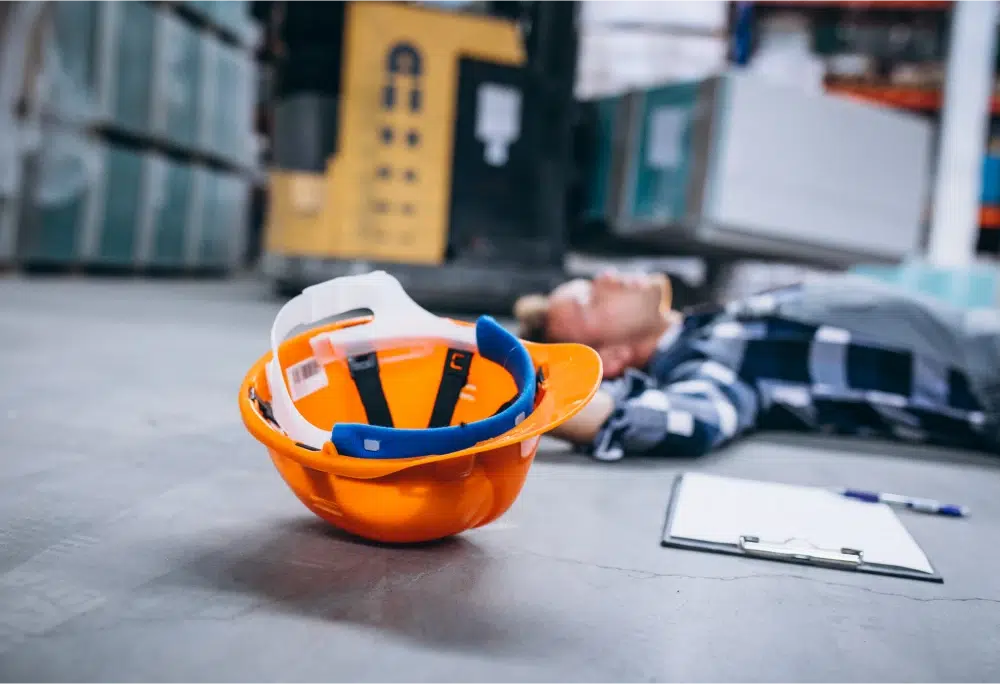
Knowing the types of personal injury cases in Florida helps people recognize their legal rights and the steps to pursue legal action. Whether the injury arises from a traffic accident, a fall on someone else’s property, a medical error, or a dog attack, knowing the specifics of each case type is crucial for anyone seeking justice and compensation for their injuries.
Understanding Florida’s No-Fault Auto Insurance
Florida’s approach to auto insurance is distinct, operating under a no-fault system. This system was implemented in the 1970s to streamline the process of compensation for auto accidents, aiming to reduce the need for lengthy legal disputes over fault and liability.
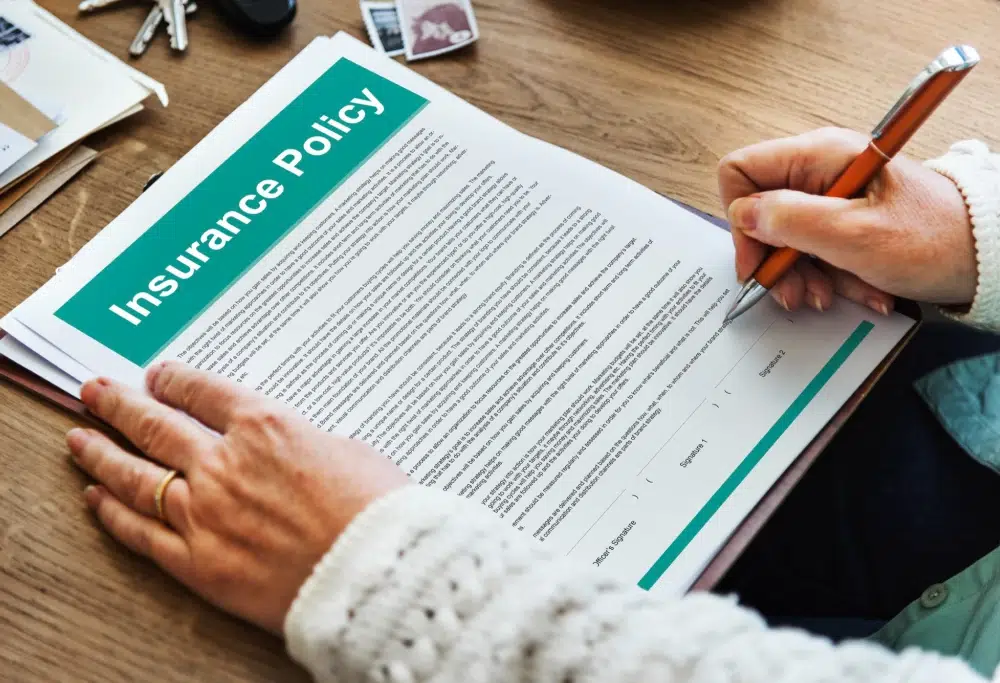
Key Features of No-Fault Insurance
In Florida, Personal Injury Protection (PIP) is mandatory for all drivers. This coverage ensures that, regardless of who is at fault in an accident, the insured can receive immediate financial assistance for medical expenses and lost wages.
Okay, but how does it work? We’re glad you asked.
-
- Immediate Coverage
PIP covers 80% of all necessary and reasonable medical expenses up to $10,000 regardless of who caused the accident.
-
- Lost Wages
It also covers 60% of lost wages if the injuries prevent the insured from working.
-
- Death Benefits
In the unfortunate event of a death resulting from an auto accident, PIP provides a $5,000 death benefit.

Advantages of No-Fault Insurance
-
- Speed of Compensation
Victims receive payouts for medical expenses and lost wages without the need to establish fault, allowing for quicker financial relief.
-
- Protection Against Uninsured Drivers
If the at-fault party is uninsured, the victim’s PIP coverage still provides for their immediate needs.
-
- Coverage for Hit-and-run Incidents
Victims of hit-and-run accidents are also covered under their PIP.

Limitations and Considerations
-
- Coverage Caps
PIP only covers up to 80% of medical expenses and 60% of lost wages. This can leave a significant amount of expenses uncovered, especially in severe cases.
-
- Premium Increases
Following an accident, it’s common for the insured’s premiums to increase, even if they were not at fault.
-
- Reduced Accountability
Since fault is not a factor in the compensation process, drivers who are at fault face fewer immediate repercussions, which could lead to concerns about moral hazard.
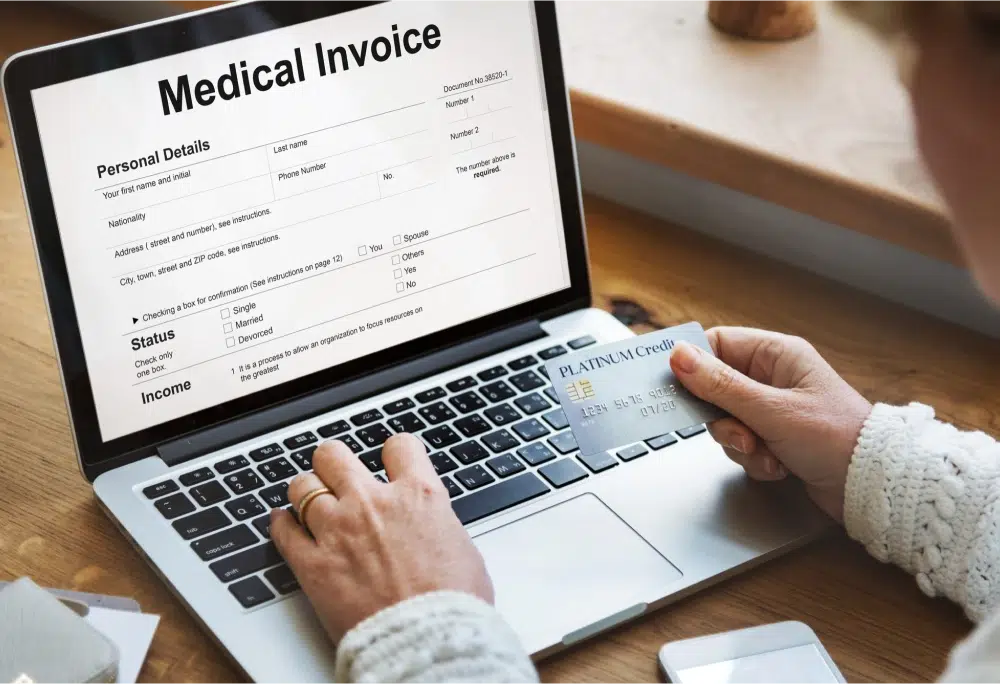
Exceptions to No-Fault Rules
Serious injuries can alter the typical no-fault process. If injuries are classified as serious, involving significant and permanent loss of a crucial bodily function, permanent injury, or significant disfigurement, the injured party may pursue a claim outside the no-fault system. This allows them to seek compensation for damages not covered by PIP, including pain and suffering and other non-economic damages.

Florida’s no-fault auto insurance system reflects a balance between compensation for accident victims and limitations on the right to sue. Understanding this system is crucial for all Florida drivers, ensuring they are adequately prepared and covered in the event of an auto accident.
Statute of Limitations in Florida
In Florida, the statute of limitations for personal injury cases plays a role in determining the timeframe within which an injured party must initiate legal proceedings. This time-bound constraint ensures cases are resolved while evidence is still reliable. Understanding these limitations is essential for anyone considering legal action for personal injuries in the state.

General Timeframe for Personal Injury Cases
For most personal injury claims in Florida, such as those resulting from car accidents, slip and fall incidents, or general negligence, the injured party has a two-year window from the date of the incident to file a lawsuit. This period is stipulated under Florida Statutes § 95.11(3)(a). Failing to file within this timeframe generally results in the permanent forfeiture of the right to seek compensation.
Exceptions and Specific Circumstances
-
- Medical Malpractice
The limit extends to two years from the date the injury was discovered, or should have been discovered, but not more than four years from the incident (Florida Statutes § 95.11(4)(b)).
-
- Assault or Battery Claims
Claims related to assault or battery also need to be filed within two years.
-
- Product Liability
Injuries caused by defective products must generally be filed within two years, though this can vary based on the case details.
-
- Government Claims
If the claim involves a government entity, the time frame might be shorter, possibly requiring action within six months to one year, depending on the government level involved.

Special Provisions for Minors and Incapacity
Florida law provides specific provisions for minors and individuals deemed incapacitated at the time of the incident. For minors, the statute of limitations may not begin until they reach the age of majority, offering an extended period to file a claim. Similarly, if the injured party was incapacitated, the clock on the statute of limitations may pause until the incapacity is resolved.
Impact of Recent Legislation
Recent changes under House Bill 837 have adjusted the statute of limitations for personal injury claims. Effective from March 24, 2023, the timeframe for filing negligence claims has been reduced from four years to two years. This change aligns Florida more closely with national standards but also emphasizes the urgency of consulting legal advice soon after an incident.
Importance of Timely Legal Consultation
Given these varied and sometimes complex time limits, potential plaintiffs are strongly advised to consult with Florida personal injury lawyers promptly after an incident. Early legal consultation ensures that all procedural requirements are met and that the injured party’s rights are fully protected under the current law.

Navigating the statute of limitations in Florida requires a clear understanding of the specific deadlines applicable to each case type. Whether dealing with injuries from a car accident, medical malpractice, or an incident involving government liability, knowing these time constraints is crucial for effectively pursuing legal redress.
Comparative Negligence in Florida Personal Injury Law
Florida’s approach to personal injury law incorporates the concept of comparative negligence, which significantly impacts how compensation is awarded in accident cases. This principle allows accident victims to recover damages even if they are partly at fault, provided their share of the fault does not exceed 50%. The recent legislative changes under House Bill 837 have transitioned Florida from a pure to a modified comparative negligence system, which carries substantial implications for personal injury claims.
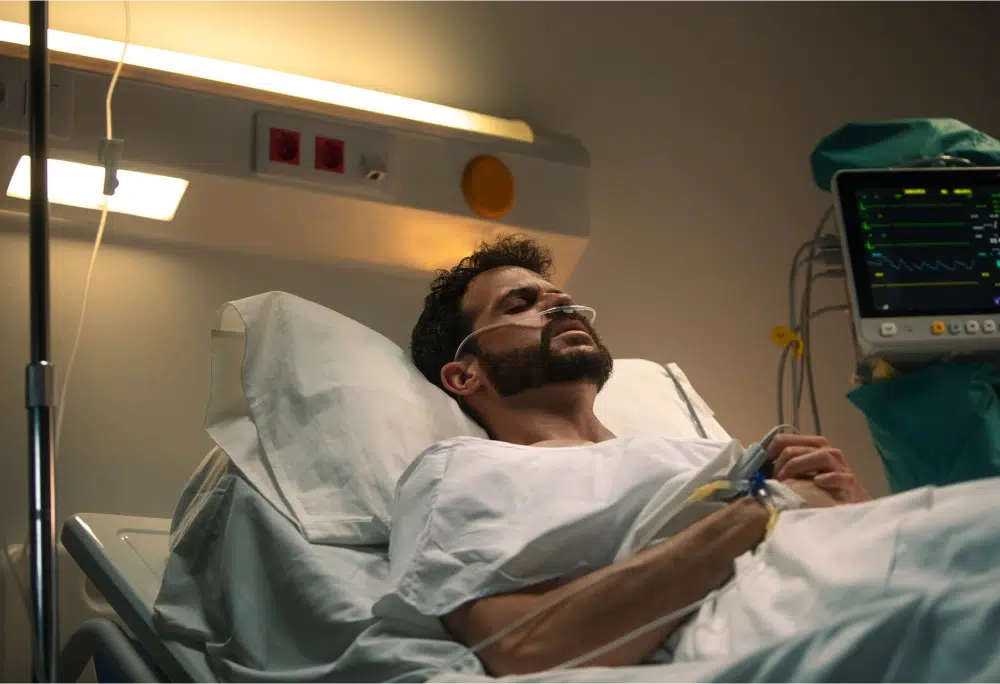
Key Aspects of Modified Comparative Negligence
Under the modified system, if an individual is found to be more than 50% responsible for an accident, they are barred from recovering any compensation. This shift aims to refine the accountability process, ensuring that those significantly at fault cannot benefit from the damages incurred. For instance, if a motorcyclist speeding at 25% fault collides with a distracted driver who is 75% at fault, the motorcyclist can claim damages reduced by their percentage of fault—resulting in a compensation of $75,000 from an initial $100,000.
Impact on Accident Victims and Insurance Companies
This change is particularly favorable for insurance companies, as it limits their liability in cases where the claimant is primarily at fault. Previously, under the pure comparative negligence rule, claimants could recover damages regardless of their level of fault, which often led to higher payouts by insurers.
Legal Strategies and Evidence Gathering
Navigating the modified comparative negligence rule requires meticulous legal strategy and evidence gathering. Personal injury lawyers play a crucial role in this process, conducting comprehensive accident investigations to minimize their client’s fault percentage. This might include collecting black box data, toxicology reports, eyewitness testimony, and conducting mechanical analyses and accident reconstructions. Such detailed investigations are vital in challenging any adverse findings from police reports or insurance company investigations, which often aim to increase the victim’s share of fault to reduce liability.
Exceptions in Medical Malpractice Cases
It’s important to note that medical malpractice claims in Florida remain governed by the pure comparative negligence rule. Victims of medical negligence can still pursue compensation regardless of their percentage of fault, a critical exception that acknowledges the complex dynamics often involved in medical treatment and patient care.
Understanding Florida’s modified comparative negligence rule is essential for anyone involved in a personal injury case. Whether partially at fault or a victim of someone else’s negligence, knowing how fault percentage influences the potential for compensation can guide legal decisions and strategies. As always, consulting with experienced Florida personal injury lawyers who can navigate these legal waters is advisable to ensure a fair assessment and pursuit of any claims for damages.

The Role of a Personal Injury Lawyer
A personal injury lawyer plays a pivotal role in helping accident victims navigate the complexities of legal claims and secure the compensation they deserve. These professionals are not just advocates; they are dedicated advisors who guide their clients through the often daunting landscape of personal injury law.

Providing Legal Advice and Representation
One of the primary roles of a personal injury lawyer is to offer legal advice. They help clients understand the intricacies of the law and the steps necessary to pursue a claim. Whether it’s advising clients to refrain from discussing the case with insurance adjusters or representing them in court, personal injury lawyers ensure that their clients’ rights are protected.
Navigating Complex Legal Processes
Personal injury cases can range from negotiations with insurance companies to complex litigation. Lawyers adept in personal injury cases handle various legal processes, including filing claims, engaging in negotiations, and, if necessary, representing clients in court. Their experience is crucial when informal negotiations fail, and the case escalates to a trial.
Investigative and Analytical Skills To build a strong case, personal injury lawyers often conduct thorough investigations. They might collaborate with professional investigators to document the accident scene, interview witnesses, and gather evidence that supports the client’s claim. This meticulous approach is essential in establishing liability and the extent of the damages suffered.
Assessing and Valuing Damages
Accurately assessing the full impact of injuries is critical. Personal injury lawyers work to identify both immediate and long-term effects of the accident. This may involve consulting medical experts to understand the severity of injuries and economists or actuaries to calculate future losses, including lost earning potential and ongoing medical costs.
Liaising with Medical Professionals and Insurance Companies
Experienced personal injury lawyers often have established relationships with medical professionals who may agree to provide medical care in anticipation of a settlement. They also possess the negotiation skills required to deal with insurance companies effectively, ensuring that settlement offers genuinely reflect the damages incurred.
Legal Experience in Trial Settings
In scenarios where a fair settlement cannot be reached through negotiation, a personal injury lawyer’s ability to represent clients in court becomes invaluable. They are equipped to manage the demands of a trial, from selecting juries to presenting compelling arguments that highlight the negligence of the opposing party.
Contingency Fee Basis
Most personal injury lawyers work on a contingency fee basis, meaning their fees are contingent upon winning the case. This arrangement allows clients to pursue legal claims without upfront costs, aligning the lawyer’s interests with the client’s success.

The role of a personal injury lawyer is comprehensive, extending beyond mere legal representation to include emotional support and strategic guidance. Their experience not only enhances the chances of receiving fair compensation but also provides clients with the confidence and peace of mind needed to focus on recovery.
Conclusion
Through the exploration of Florida’s personal injury laws, this article has overviewed scenarios that constitute personal injury within the state, alongside the imperative steps to be undertaken in the event of an injury. It has extensively covered what qualifies as a personal injury, emphasizing the importance of understanding Florida’s legal framework from the no-fault auto insurance system to the critical role of comparative negligence, all aimed at protecting the rights of those injured due to another’s negligence.
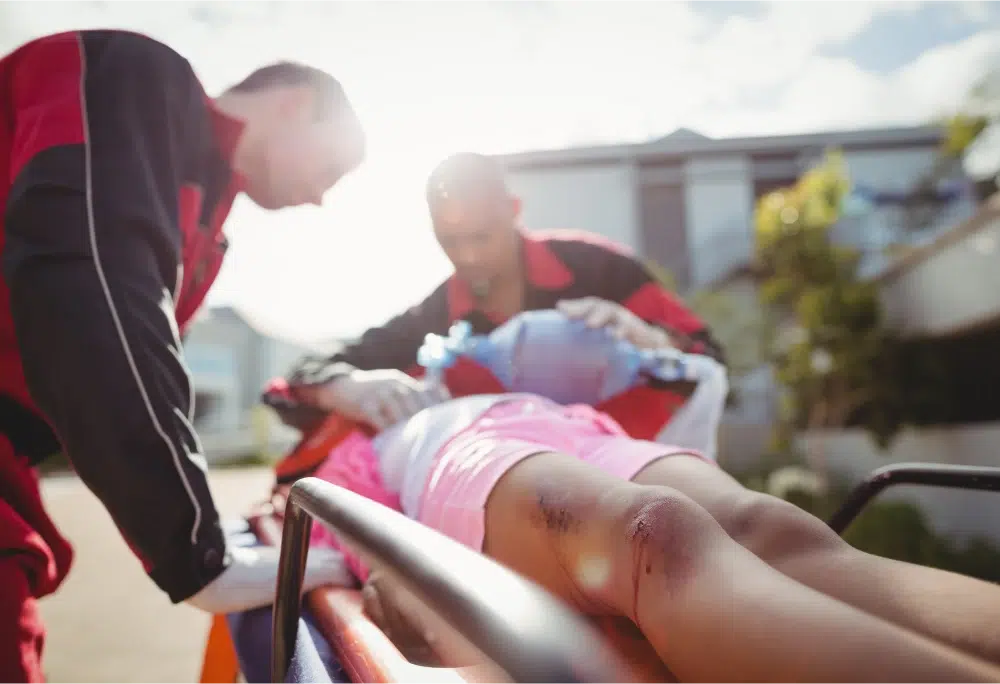
The discussions underscore the significance of timely action and legal advocacy in personal injury claims. Whether dealing with an automobile accident, a slip and fall, medical malpractice, or a dog bite, understanding the type of case at hand and the necessary steps to take is crucial. As underscored throughout, consulting with a skilled personal injury lawyer not only enhances the potential for securing compensation but also ensures victims are navigated through Florida’s personal injury law landscape successfully. The importance of this legal guidance cannot be overstated, providing individuals with the knowledge and support needed to assert their rights and seek the justice they deserve effectively.
Florida Personal Injury FAQs
What recent changes have been made to Florida's personal injury statutes?
The new legislation in Florida has shortened the time frame for initiating a personal injury lawsuit from four years to two years. This means that any personal injury lawsuits must now be filed within two years from the date the injury occurred, otherwise, the right to sue is forfeited.
How is personal injury handled under Florida law?
In Florida, individuals who suffer personal injuries can seek three types of damages: economic, non-economic, and punitive. Economic damages compensate for monetary losses such as medical expenses and lost earnings. Non-economic damages address more subjective losses like pain and suffering. Punitive damages may also be pursued if the defendant’s actions were particularly egregious.
What are the coverage limits for personal injury protection in Florida?
Florida’s Personal Injury Protection (PIP) insurance covers 80% of all necessary and reasonable medical expenses up to a limit of $10,000, regardless of who is at fault in the accident. Additionally, Property Damage Liability (PDL) insurance provides coverage for damages to another person’s property caused by you or someone else driving your insured vehicle.
What does personal injury law in Florida encompass?
Florida’s personal injury law permits victims to claim compensation for harms suffered due to another’s negligence or intentional acts. This encompasses a range of scenarios where physical or emotional injuries have been inflicted by another party.
Mac Legal P.A., located in Hollywood, FL, is dedicated to providing exceptional legal representation for personal injury cases. Our experienced team handles a wide range of claims, from car accidents to professional negligence, ensuring you receive the justice and compensation you deserve. We focus on your recovery while managing the legal complexities. Contact us at (754) 253-3452 or info@maclegalpa.com to learn more about how we can assist you.

